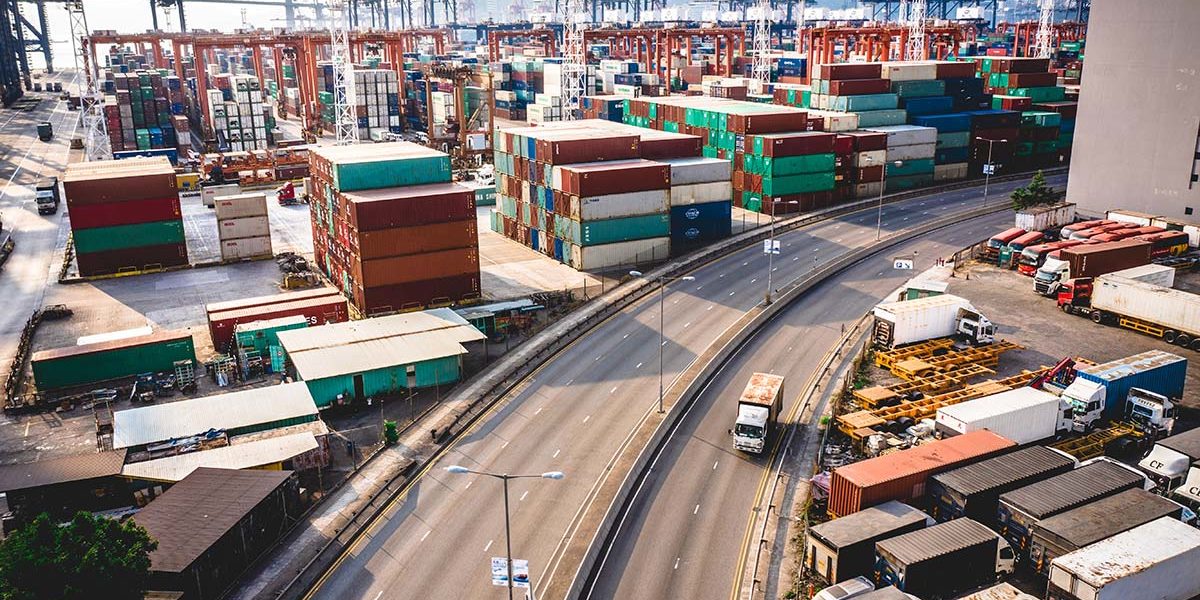Post Brexit, the UK is finding its feet as it develops an international trade policy. No more can the UK hide behind and blame the EU for tariffs and trade barriers. And as any British fisherman can tell you, the birthing pains of Brexit has brought home the very direct and substantial impact that trading across a hard border can cause even if there are zero tariffs. This means the UK has to weigh up the needs and opportunities for UK industry against other agenda items – for example should the UK push ahead with a tech tax knowing that the US is threatening responding with tariffs on UK exports such as ceramics.
Our research indicates that trade protectionism is on the rise around the globe and that there has been a sharp and sustained increase in discriminatory – or trade restricting – policies being implemented worldwide since the global financial crisis. The need to overcome the regulatory barriers this endemic global protectionism creates could of course, not be greater. Ongoing macroeconomic issues such as changing political landscapes and the coronavirus pandemic continue to pose unprecedented challenges to governments. The solutions to these problems were once thought to lie in multilateralism and consensus. As restrictive practices are on the rise, however, it is not clear whether solutions can be found on a bilateral level.
Where the data itself is concerned, it is significant to note the largest accumulator of protectionist policies is the US, which has adopted three times as many restrictive measures over liberalising policies in the past three years as it had between 2009 and 2017. While the urgency of addressing this is slightly dampened by the more global approach to politics taken by the new US President, the report also cites the detrimental effect the Trump administration’s approach to protecting domestic trade has had on China as a result of their ongoing (and hopefully now historical) trade war. Indeed, the first high-level meeting between the US and Chinese administrations since Joe Biden took office has recently taken place in Anchorage, Alaska – and while the talks got off to a rocky start, the US government seems committed to being both collaborative and competitive with China in the future – which seems a healthier culture to be working within. Despite this optimism though, just two countries surveyed within the report – Brazil and Argentina – have significantly implemented liberalising measures since the report was first launched in 2017.
For businesses with a global reach, finding practical ways to trade seamlessly across borders is crucial to their success. The need to rewire global supply chain management processes to take into account restrictions in certain countries and make necessary contractual changes to ‘future proof’ these supply chains is just one example of the steps businesses are taking to protect the businesses models built in the ‘boom’ era before these restrictions were implemented. However, various other hurdles remain. This includes the application of IP rights within a certain international jurisdictions, as well as regulatory compliance, government stability and of course, currency movements.
While there has been a recent burst of positivity where the future of global trade is concerned, these figures and the startling warning they provide highlight the need to be prepared to challenge existing practice and consider new options, as this could turn out to be an essential survival tactic.
About the author(s)
David Lowe is an experienced partner focusing on commercial contracts and the firm's Head of International Trade. He also plays a crucial role in the firm's Brexit Unit.

